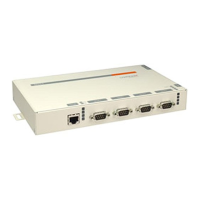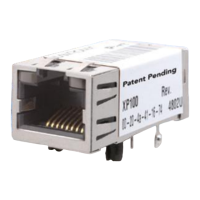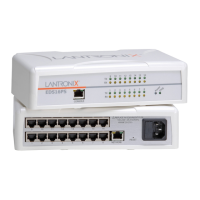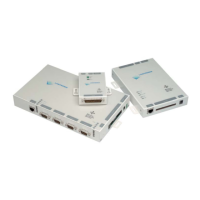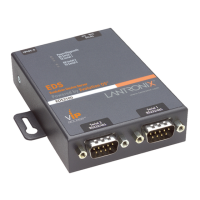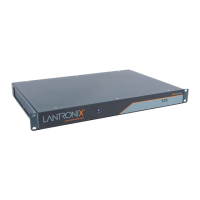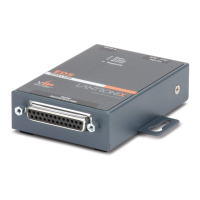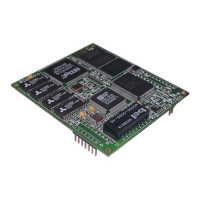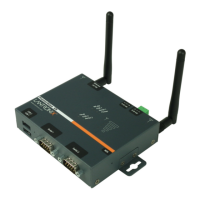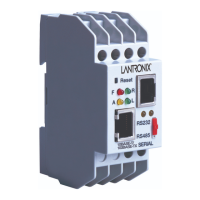5
5
:
:
C
C
o
o
n
n
f
f
i
i
g
g
u
u
r
r
a
a
t
t
i
i
o
o
n
n
v
v
i
i
a
a
T
T
e
e
l
l
n
n
e
e
t
t
o
o
r
r
S
S
e
e
r
r
i
i
a
a
l
l
P
P
o
o
r
r
t
t
(
(
S
S
e
e
t
t
u
u
p
p
M
M
o
o
d
d
e
e
)
)
You must configure the unit so it can communicate on a network with your serial
device. As an alternative to using a web browser, as described in the previous
chapter, you can use the following procedures remotely or locally:
Use a Telnet connection to configure the unit over the network.
Use a terminal or terminal emulation program to access the serial port
locally.
The series of prompts at which you enter configuration settings is called Setup
Mode.
Note: Detailed information about other setup methods is available from your
Lantronix Sales Associate.
The unit’s configuration is stored in nonvolatile memory and is retained without
power. You can change the configuration at any time. The unit performs a reset after
the configuration has been changed and stored.
This chapter tells you how to access Setup Mode and the general procedure for
using it. To complete the configuration, continue with 6: Setup Mode: Server
Configuration, 7: Setup Mode: Channel Configuration, and 8: Setup Mode: Advanced
Settings.
Note: The menus in the configuration chapters show a typical device. Your
device may have different configuration options.
Accessing Setup Mode
Telnet Connection
To configure the unit over the network, establish a Telnet connection to port 9999.
Note: You can also use DeviceInstaller to access Telnet. Select the device
from the main window list, and click the Telnet Configuration tab. Skip
steps 1 and 2.
To establish a Telnet connection:
1. From the Windows Start menu, click Run and type the following command,
where x.x.x.x is the IP address, and 9999 is the unit’s fixed network configuration
port number:
Windows: telnet x.x.x.x 9999
UNIX: telnet x.x.x.x:9999
2. Click OK. The following information displays.
UDS1100 User Guide 37
